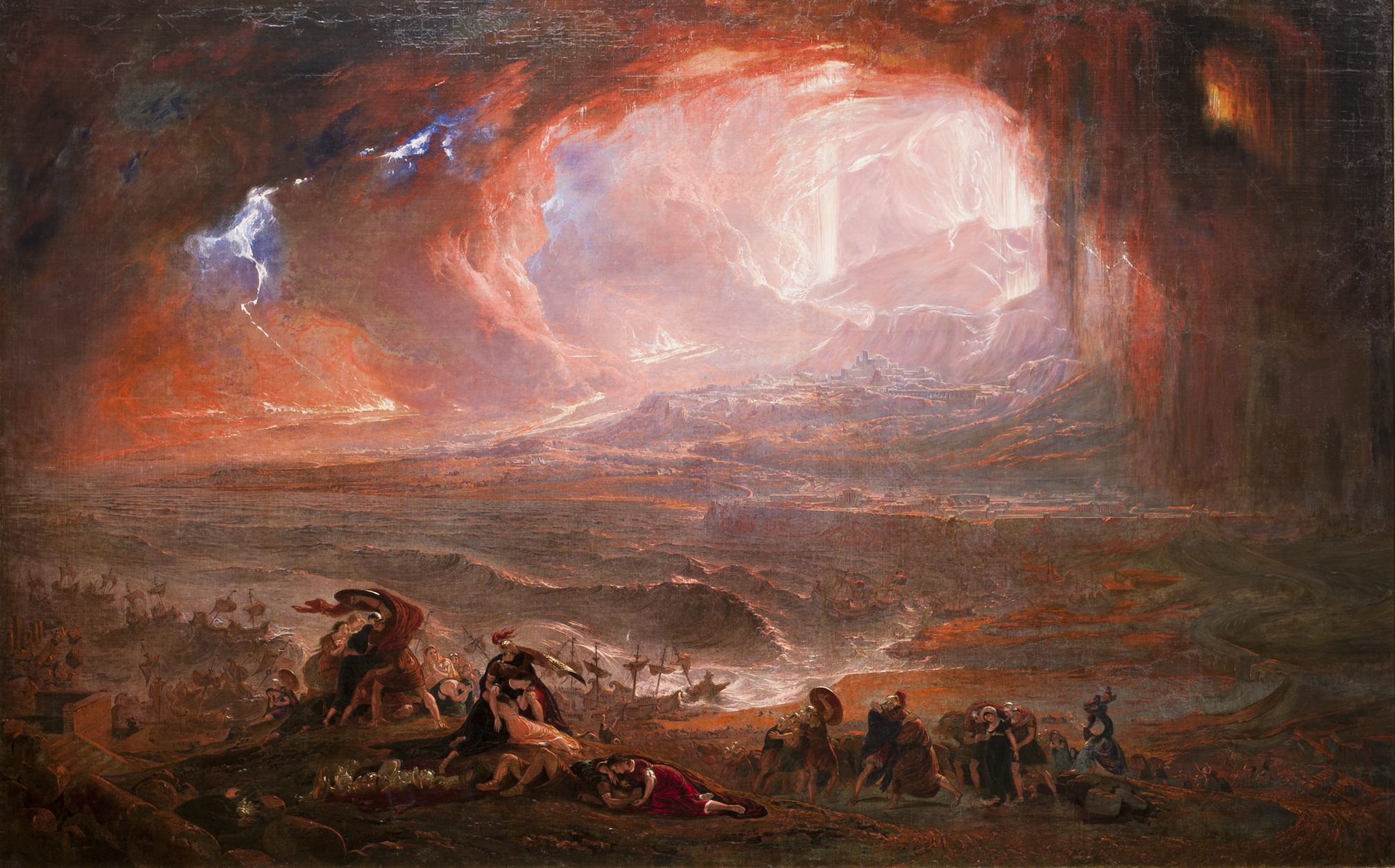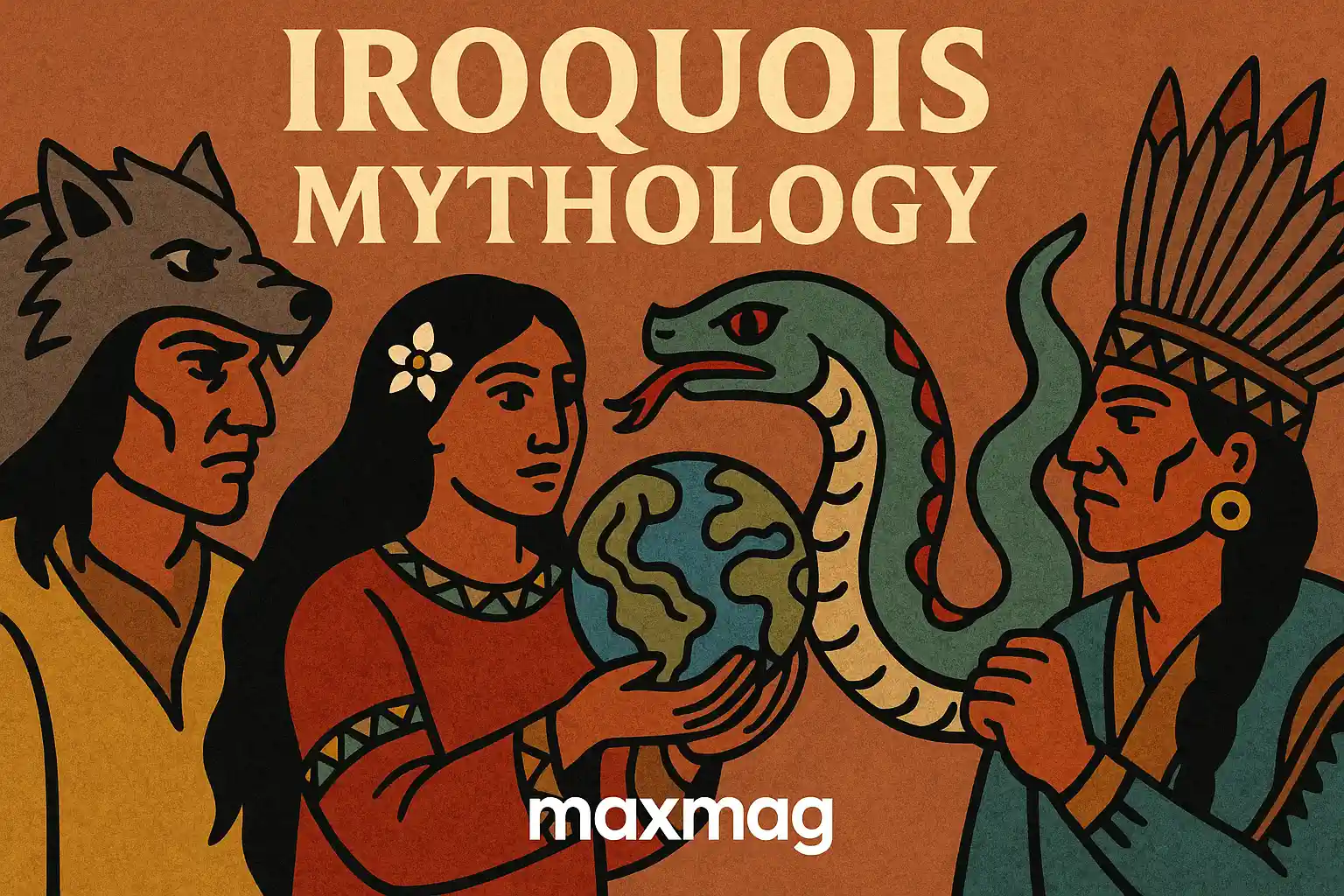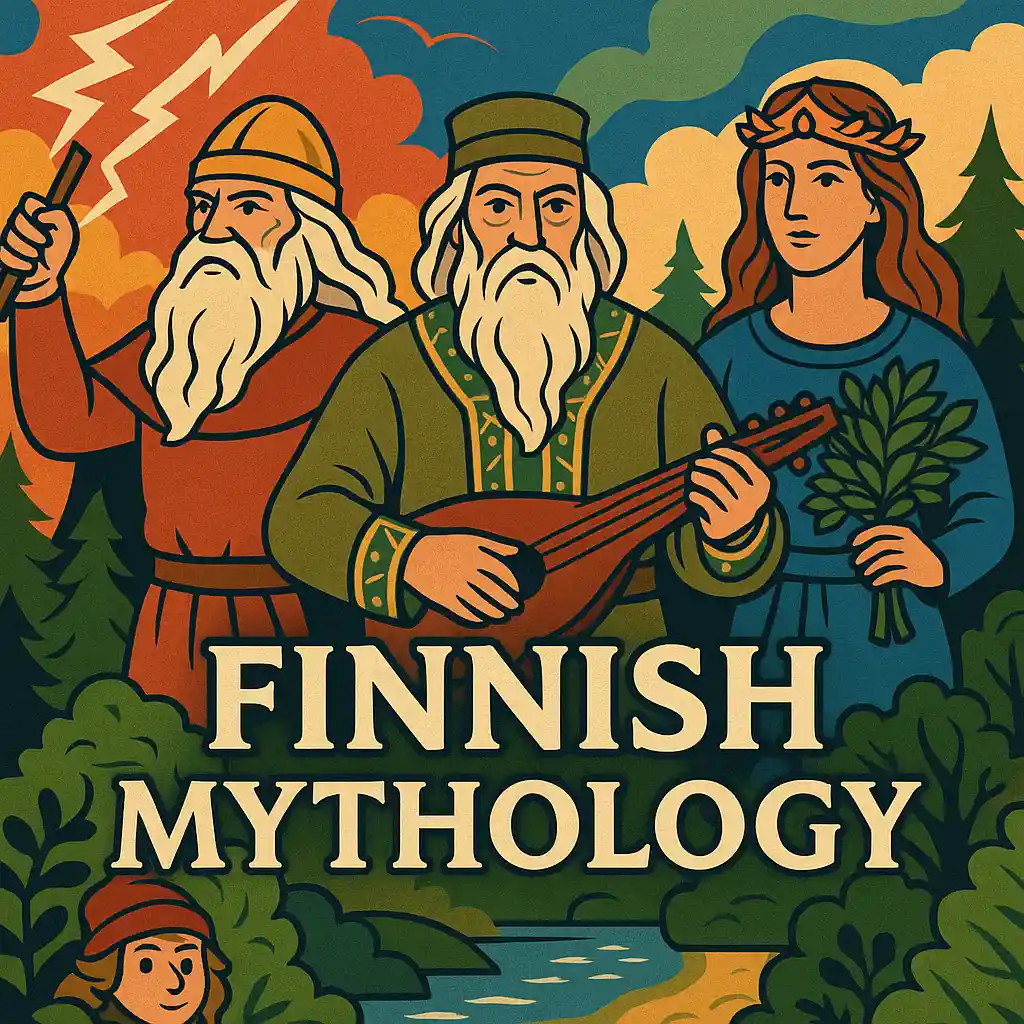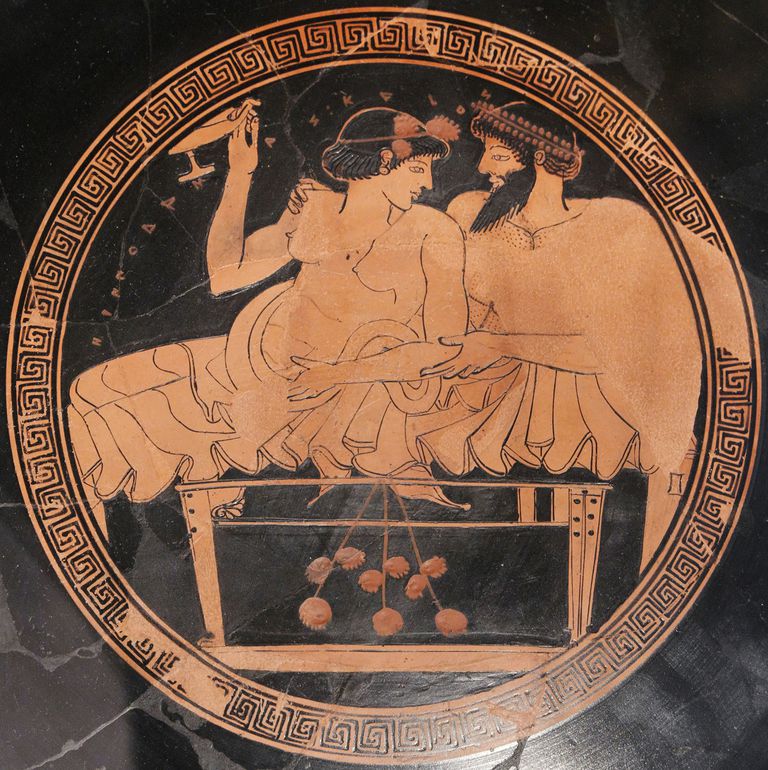
Prostitution was an established part of Ancient Greek society, though it differed vastly from modern perceptions. Among the most intriguing figures of this social institution were the hetairai in Ancient Greece, courtesans known for their intellect, charm, and companionship beyond mere physical relations. Alongside them, pallakides served as concubines or mistresses, playing distinct roles in the fabric of Greek social life.
Understanding the role of hetairai and pallakides helps us appreciate the complexities of gender, sexuality, and social status in one of history’s most influential civilizations.
The Social Context of Prostitution in Ancient Greece
Unlike modern stigmatization, prostitution in Ancient Greece was often integrated into daily life, yet categorized into different classes. The most basic category was the common prostitute, or pornai, who worked in brothels and served mostly lower-class clients. However, the hetairai in Ancient Greece represented a higher social tier — often educated, cultured women who entertained elite men.
In contrast, pallakides were usually slaves or freedwomen owned by wealthy men, living with their masters as concubines. While they did not enjoy the social freedoms of hetairai, pallakides were significant as companions and bearers of children.
Who Were the Hetairai?
The term hetaira (plural hetairai) literally means “companion” or “associate.” These women were much more than sex workers. Many hetairai were skilled in arts such as music, poetry, and philosophy. They often participated in symposia (drinking parties) where they engaged in intellectual conversations with men of the elite classes.
The hetairai in Ancient Greece occupied a paradoxical position. They were independent in many ways, able to earn and control their own wealth, unlike typical wives who had limited rights. Famous hetairai like Aspasia of Miletus even influenced politics through their relationships with powerful men.
The education and sophistication of hetairai set them apart from ordinary prostitutes, making them desired companions at social gatherings.
The Role of Pallakides
In comparison, pallakides (singular pallake) were typically concubines—women who lived with men and provided sexual companionship but lacked the social status of a wife or hetaira. Pallakides were often slaves or foreigners and were considered property rather than independent agents.
They might have borne children for their masters and managed household tasks, but their lives were largely controlled by the men who owned them. Unlike hetairai, pallakides did not have the freedom to move independently in society.
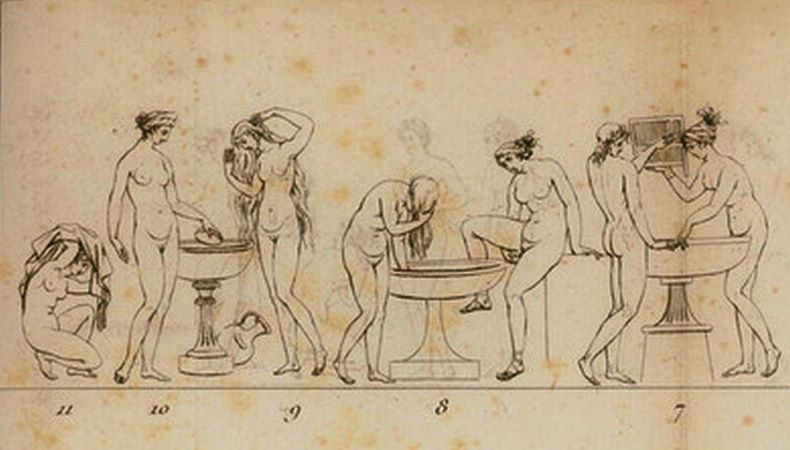
Prostitution and Legal Status
Prostitution was legal in many city-states of Ancient Greece. Public brothels existed, regulated by local authorities. However, social acceptance varied. Wives were expected to remain chaste and devoted to their husbands, while prostitution was viewed as a male privilege or outlet.
The hetairai in Ancient Greece operated within this legal framework but also carved a unique space as independent, self-sustaining women. They were able to negotiate terms and chose their clients, a freedom not granted to pallakides or slaves.
Cultural Impact and Legacy
The phenomenon of hetairai in Ancient Greece influenced literature, drama, and philosophy. Writers like Aristophanes and Plato mention hetairai, often highlighting their wit and allure.
Modern scholars recognize hetairai as early examples of women exercising autonomy in patriarchal societies, though their freedom was limited by societal norms. The distinction between hetairai and pallakides reflects broader social hierarchies and gender dynamics in Ancient Greece.
Conclusion
The roles of hetairai and pallakides reveal the nuanced realities of prostitution in Ancient Greece. Far from a monolithic practice, it encompassed diverse experiences shaped by class, legality, and social expectations. Understanding these distinctions deepens our insight into Greek history, gender relations, and cultural values.
Outbound Links
-
For a comprehensive study on Ancient Greek society and gender roles: Perseus Digital Library – Tufts University
-
To explore legal and social aspects of prostitution in antiquity: The Ancient History Encyclopedia
-
For scholarly research on hetairai and their role: The British Museum Research
FAQ Section
Q1: What distinguished hetairai from other prostitutes in Ancient Greece?
A: Hetairai were educated, independent women who often served as companions in elite social circles, unlike common prostitutes who primarily offered physical services.
Q2: Were pallakides considered wives in Ancient Greece?
A: No, pallakides were concubines or slaves who lived with their masters but lacked the legal and social status of wives.
Q3: Was prostitution legal in Ancient Greece?
A: Yes, prostitution was generally legal and regulated in many Greek city-states, with public brothels existing alongside private arrangements.
Q4: Did hetairai have any political influence?
A: Some hetairai, like Aspasia of Miletus, gained influence through their relationships with powerful men, affecting politics and culture indirectly.
Q5: How did society view hetairai and pallakides?
A: Hetairai were both admired for their intellect and independence but also marginalized for their profession, while pallakides were viewed more as property with fewer freedoms.
Q6: What can studying hetairai and pallakides tell us about Ancient Greek culture?
A: It reveals the complexities of gender, social hierarchy, and the roles women could occupy beyond traditional marriage in a patriarchal society.

